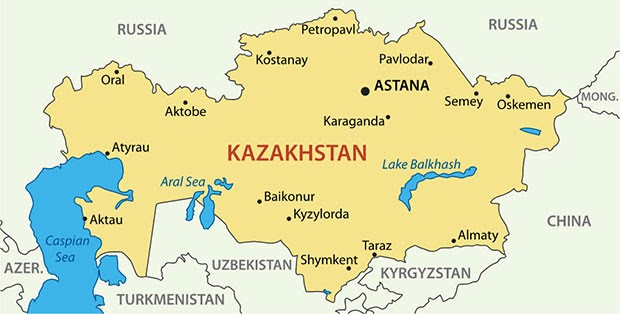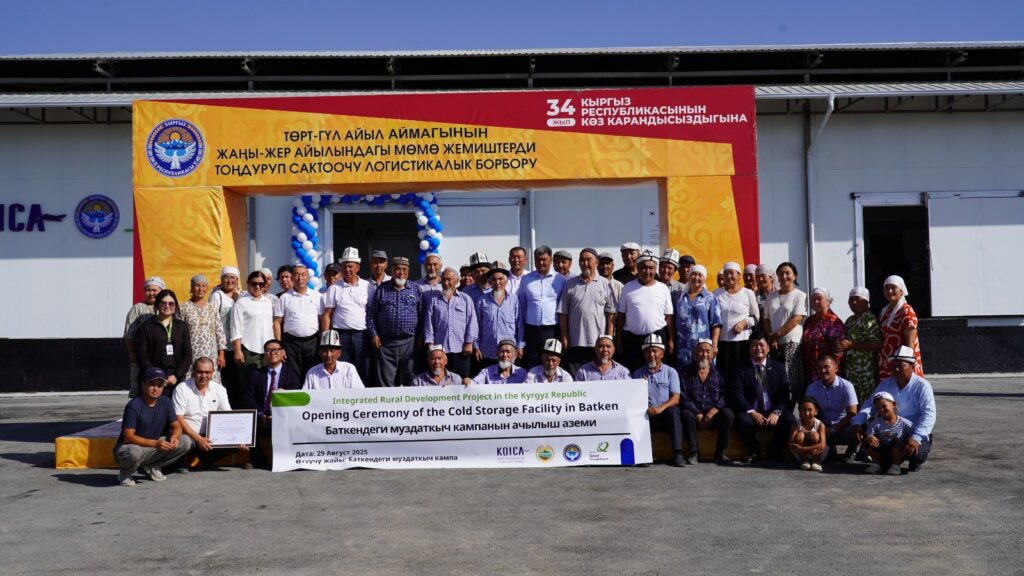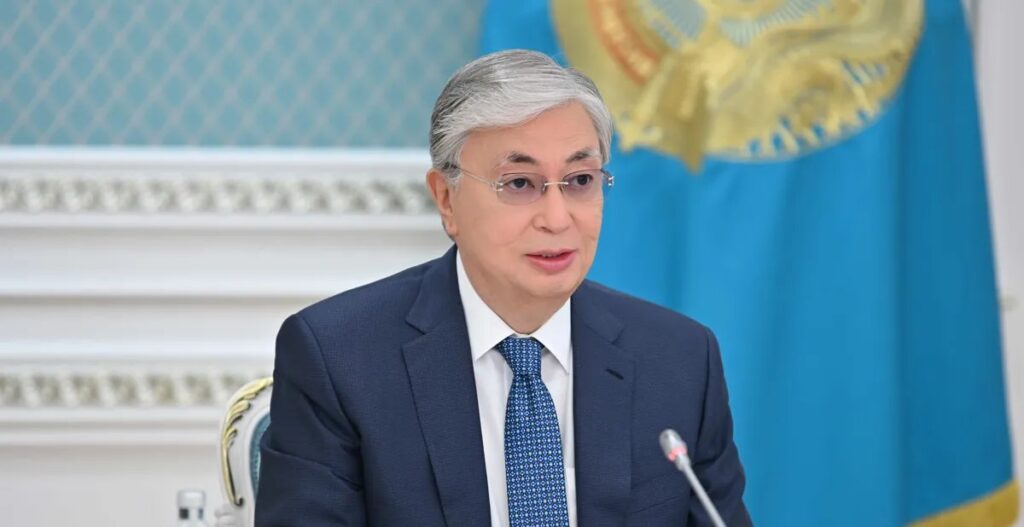NUR-SULTAN (TCA) — The Kazakh government meeting on December 3, chaired by Prime Minister Askar Mamin, considered the draft State Program for the Development of Kazakhstan’s Regions until 2025. Implementation of the program will make it possible to achieve the country’s urbanization level of at least 62% by 2025, increase the competitiveness of regions, improve the transport, engineering and social infrastructure and, in general, the quality of life of the population, the prime minister’s press service reported.
The total funding of the new state program until 2025 will be about 1.3 trillion tenge. The development priorities are:
– four agglomerations (growth centers) with centers in the cities of the “first level” — the capital Nur-Sultan, Almaty, Shymkent and Aktobe agglomerations;
– 14 urbanized zones with centers in the cities of the “second level” — regional centers and the city of Semey;
– 18 border towns with adjacent territories, as well as single-industry towns with a population of more than 50 thousand people.
“The first President – Elbasy (Leader of the Nation) Nursultan Nazarbayev, in the Strategy ‘Kazakhstan–2050’ and at the recent expanded meeting with the [ruling] Nur Otan party, outlined the need to bring the country’s urban population to 70% by 2050. The Head of State Kassym-Jomart Tokayev in his Address to the people of Kazakhstan noted the importance of urbanization of the country and instructed to take effective measures to manage migration processes,” Prime Minister Mamin said.
He emphasized that urbanization is crucial for increasing incomes and the quality of life of Kazakhstan’s people. Over the past five years, the population of large cities in Kazakhstan has increased by 15%. Currently, the share of urban population in Kazakhstan is 58.2%.
“We strive to ensure that the urbanization process become clearly manageable, and therefore it is necessary to continue to pursue a balanced urban development policy. Moreover, our main task is to improve the quality of life of the rural population, to create infrastructure in compliance with standards of urban facilities,” Mamin said.









